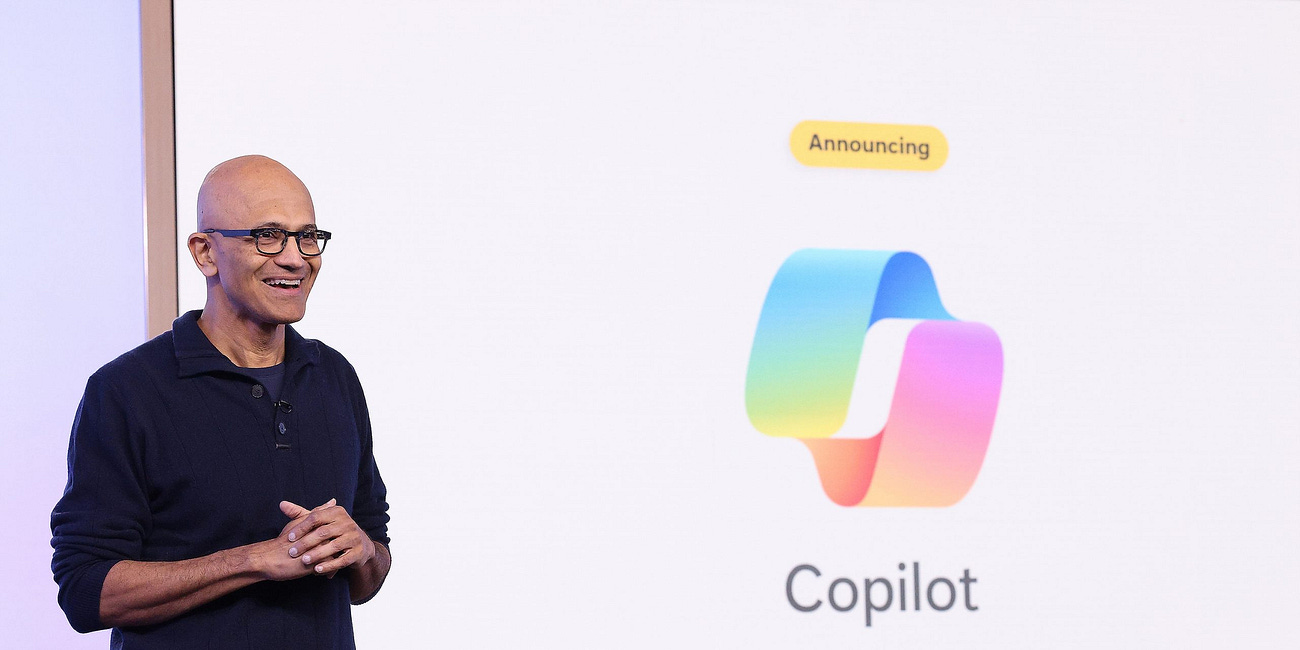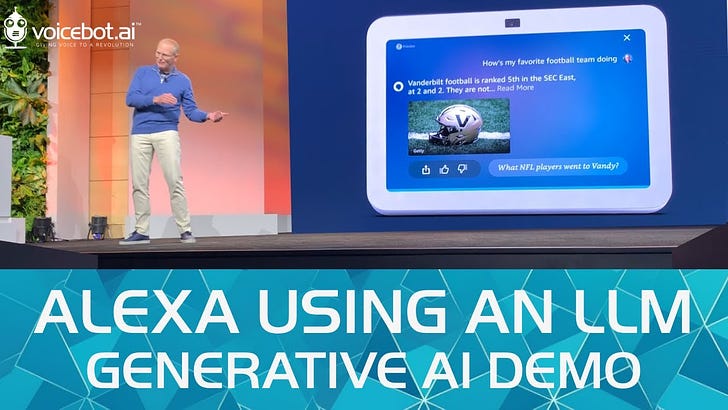Google Bard Can Create a Personal Knowledge Graph for Users and May Become an Assistant
Similar to Microsoft Copilot, but not yet as ambitious
Google has announced Bard Extensions, designed to make the service more than just a general knowledge generative search experience. While ChatGPT and Google Bard search the internet and designated knowledge sources for information, they have not had access to your personal or business data, but that is changing.
The most interesting aspect of Bard Extensions is the Google Workspace integration for applications such as email and documents.
Today we’re launching Bard Extensions in English, a completely new way to interact and collaborate with Bard. With Extensions, Bard can find and show you relevant information from the Google tools you use every day — like Gmail, Docs, Drive, Google Maps, YouTube, and Google Flights and hotels — even when the information you need is across multiple apps and services.
The Big Value is Not in Trip Planning
Google is highlighting integrations associated with commerce, such as flights and hotels. Trip planning, the mythical “night out,” and scheduling appointments are recurring themes for demonstrations of complex planning activities for digital assistants. Amazon spent a great deal of time and effort attempting to make these use cases work. Google Duplex was another adventure in this general category. Neither saw widespread adoption.
In theory, these tasks are a hassle, and it would be nice to have them efficiently executed by a digital assistant. I tried Bard for an upcoming business trip, and it did save some steps. I can see using it from time to time. However, travel booking is not an everyday need for most people. Accessing information in your email and documents is, at least for business users.
Bard Extensions are supposedly available for business Workspace accounts, but I have been unable to get them to activate for my work email. The proper settings are on, but the features are not yet showing up. So, I used Bard with a personal email address and Workspace account to try the features. It works. I don’t have as much information in my personal email or Google Drive, but it accurately accessed emails and summarized documents about a specific topic.
Search and summarization of personal and work data is an everyday activity. This is going to have far more impact on most people’s daily lives than trip planning. However, if Bard reliably delivers on just these features, consumers are sure to start using it for internet searches, information summarization, and even trip planning.
Data Readiness
One factor I was wondering about is data readiness. For example, would Bard need your files neatly organized? Thankfully, it appears that it is not necessary. It can extract information from your files as they are. It will not take that data and transform it into a new document or presentation today, but you can see how that will be possible in the future.
Not the Same as Microsoft Copilot
Google’s model is a bit different than Microsoft’s Copilot. Microsoft says Copilot will be able to search and summarize documents and emails, similar to Bard. It also says personalization will arise from knowing your documents and responding in that context. In that case, the large language model (LLM) reviews requests by first relating them to your personal documents and either answering from those sources or using them as context for a general internet search.
Bard can access your documents if you want or access internet-based information. It does not appear to be filtering information through your personal knowledge graph. Though, this is Google. It could if that became a useful feature Google wanted to offer.
Earlier this year, I wrote about generative AI for Google Workspace (which eventually emerged as Duet AI) and compared it to the initial explanation of Microsoft 365 Copilot.
This list [of generative AI features for Google Workspace] seems far less ambitious than 365 Copilot, which was presented as an integrated system that enabled natural language inputs to control and augment individual applications as well as execute tasks across applications. By contrast, Google’s announcement seems to point to discrete feature additions to two of its most popular productivity applications.
Since then, we have seen Microsoft stratify its offerings as the general-purpose Copilot for Windows 11, the domain-specific Bing Chat for ChatGPT-like features, and 365 Copilot for office productivity, and application-level features. Google has features within Workspace applications (Duet AI) and domain-specific capabilities across applications now in Bard.
You can also see how Google intends to make Bard its general-purpose digital assistant. It still seems more like a collection of features and capabilities than the Copilot “system” Microsoft has presented. However, it may be equally useful for most people.
The simplicity of Bard’s many features and integration with Google services may also be easier to execute and release. There should be fewer interdependencies and, therefore, fewer things to break, and, hopefully, more reliability. It may also be less personalized for the foreseeable future.
What about Google Assistant? That is a good question. It was supposed to be Google’s general-purpose assistant. Google said it will be getting generative AI features later this year. Maybe it will go beyond Bard. What do you think?
Microsoft Copilot Strategy Comes into View and Wider Availability Begins This Week
Microsoft announced this week that Copilot will be rolling out with the Windows 11 upgrade available on September 26th. Not to be confused with the enterprise edition of Copilot, the company is positioning this version as an everyday AI companion that can help users be more productive using a wide array of Microsoft services, including the 365 productiv…
Amazon Alexa Gets Generative AI Makeover and Explores New Use Cases for Consumers
“I often say that Alexa is the best personal AI out there, but I will tell you, it's always been a little bit more transactional than we would like, but that is a limit of the technology, not the vision. And thanks to our latest LLM, you can now have a near humanlike conversation with Alexa.” - Dave Limp, SVP of Amazon Devices




